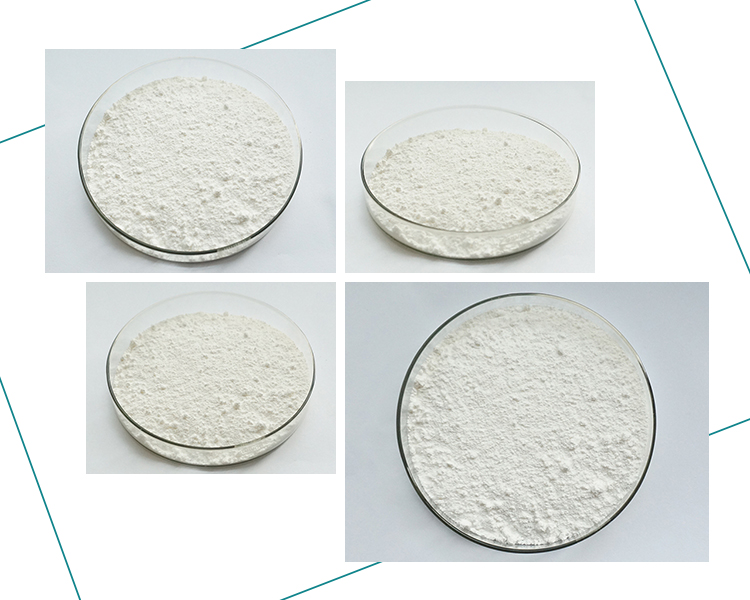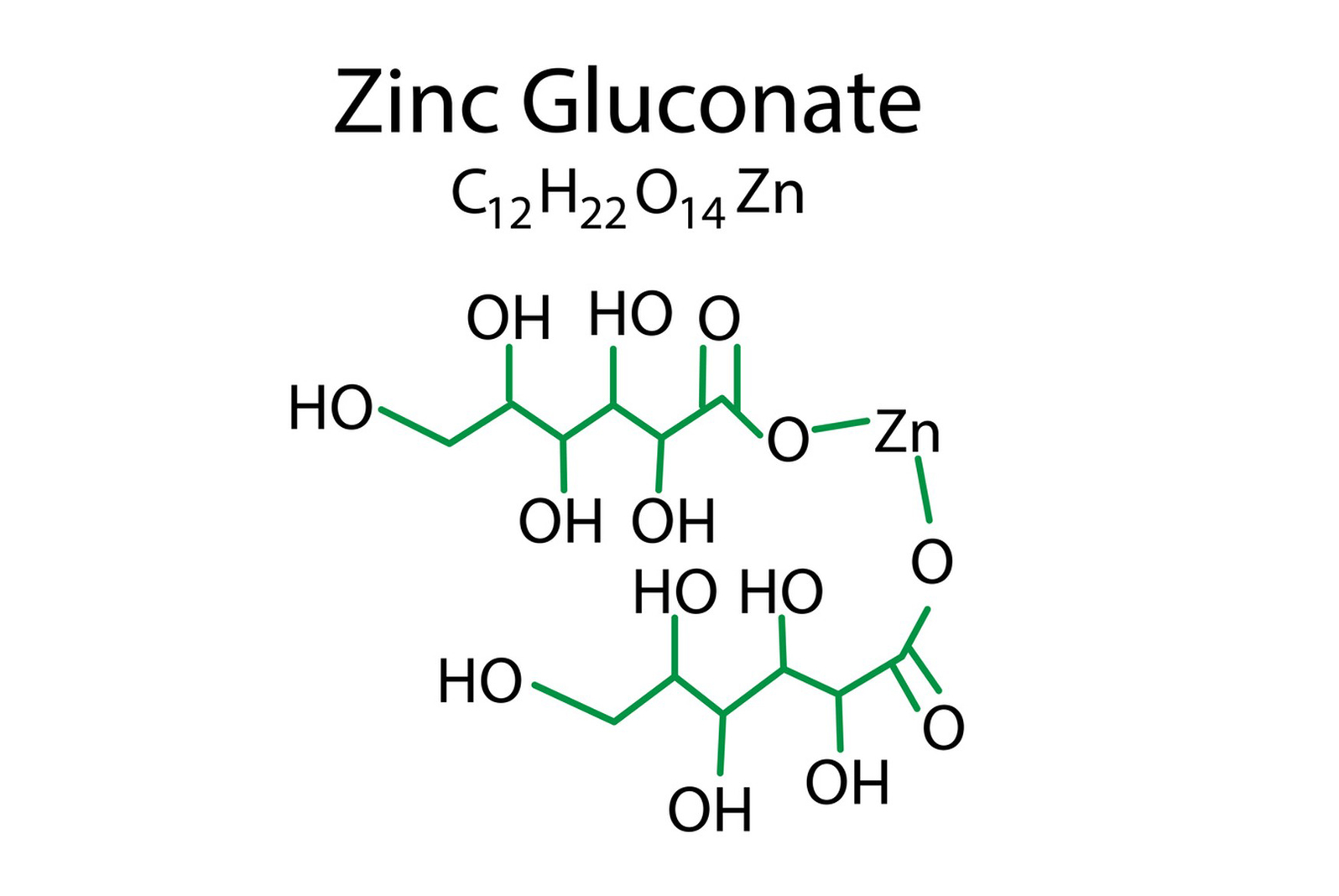Zinc gluconate is a form of zinc, an essential mineral that plays a crucial role in various physiological processes in the body. Here are some pros and cons associated with zinc gluconate:
Pros of Zinc Gluconate:
Bioavailability: Zinc gluconate is relatively easily absorbed by the body, making it a more bioavailable form of zinc.
Digestibility: It is generally well-tolerated and less likely to cause stomach upset compared to other forms of zinc, such as zinc sulfate.
Common Cold: Some studies suggest that zinc supplementation, including zinc gluconate, may help reduce the duration and severity of common cold symptoms.
Wound Healing: Zinc is essential for wound healing, and adequate intake may support the body’s natural healing processes.
Immune System Support: Zinc plays a crucial role in immune function, and supplementation with zinc gluconate may help support a healthy immune system.

Cons of Zinc Gluconate:
Limited Zinc Content: Zinc gluconate contains a lower percentage of elemental zinc compared to other forms like zinc sulfate, which means larger doses may be required to achieve the desired zinc intake.
Taste: Some people may find zinc gluconate supplements to have an unpleasant taste, which can affect compliance with supplementation.
Interactions with Other Minerals: Excessive zinc intake can interfere with the absorption of other minerals, such as copper and iron. It’s important to maintain a balanced intake of these minerals.
Potential for Toxicity: While zinc is essential for health, excessive intake can lead to toxicity symptoms, including nausea, vomiting, and impaired immune function. It’s important not to exceed recommended daily allowances.
GI Distress: In some individuals, high doses of zinc supplements, including zinc gluconate, may cause gastrointestinal distress, such as nausea or diarrhea.
As with any supplement, it’s crucial to consult with a healthcare professional before starting zinc gluconate or any other supplementation, especially if you have pre-existing health conditions or are taking other medications. They can provide personalized advice based on your individual health needs and circumstances.
How to use Zinc Gluconate for best results?
Zinc gluconate is a form of zinc commonly used as a dietary supplement. Zinc is an essential mineral that plays a crucial role in various physiological processes, including immune function, wound healing, and DNA synthesis. Here are some general guidelines on how to use zinc gluconate for best results:
Consult with a Healthcare Professional:
Before starting any new supplement regimen, it’s important to consult with a healthcare professional. They can help determine if you have a zinc deficiency and provide personalized advice based on your health status.
Recommended Dietary Allowance (RDA):
The Recommended Dietary Allowance (RDA) for zinc varies by age and gender. As of my knowledge cutoff in January 2022, the RDA for zinc for adults is around 11 mg for men and 8 mg for women. It’s generally recommended to get nutrients from a balanced diet, and supplements should be used to fill gaps when necessary.

Take with Food:
Zinc gluconate supplements are often recommended to be taken with food to enhance absorption and reduce the risk of stomach upset. However, if you’re taking a higher dose or have specific instructions from a healthcare professional, follow their advice.
Avoid Excessive Intake:
While zinc is essential, excessive intake can lead to toxicity. Long-term use of high doses of zinc can interfere with the absorption of other minerals like copper and iron. The tolerable upper intake level (UL) for zinc for adults is around 40 mg per day. Going above this limit may lead to adverse effects.
Consider Zinc Sources in Your Diet:
Include zinc-rich foods in your diet, such as meat, poultry, fish, dairy products, nuts, seeds, and whole grains. A balanced diet can provide sufficient zinc for most people.
Be Aware of Interactions:
Zinc supplements can interact with certain medications, such as antibiotics and diuretics. If you are taking any medications, inform your healthcare provider before starting a zinc supplement.
Monitor for Side Effects:
While zinc supplementation is generally safe when taken as directed, some individuals may experience side effects such as nausea, vomiting, or a metallic taste. If you experience any adverse reactions, discontinue use and consult a healthcare professional.
Remember, individual needs may vary, and it’s crucial to tailor zinc supplementation to your specific health requirements. Always follow the advice of your healthcare provider for the best results and to avoid potential health risks.
